
Google said it is committed to the principles of equal network access, after a report said it approached internet carriers with a proposal to create a "fast lane" for its content.
Richard Whitt, Google's telecom and media counsel in Washington, said in a company blog that the search powerhouse offered to place its servers within the facilities of internet service providers, making its data closer to consumers and therefore more easily accessed.
The Wall Street Journal said that the proposal would put at risk Google's stance on network neutrality, in which cable and phone companies that operate the data pipelines should treat all traffic the same.
Whitt said Google has always said providers should be able to engage in activities that bolster access speeds through co-location and caching, both techniques that ease data traffic, as long as they do so without discrimination.
"However, they shouldn't be able to leverage their unilateral control over consumers' broadband connections to hamper user choice, competition, and innovation," he said.
"Our commitment to that principle of net neutrality remains as strong as ever."
Josh Silver, executive director of advocacy group Free Press, said that any company planning to "secretly violate" the principle of network neutrality would face strong opposition from the internet community.
Sign up today and you will receive a free copy of our Future Focus 2025 report - the leading guidance on AI, cybersecurity and other IT challenges as per 700+ senior executives
"We are skeptical that Google is truly engaged in a nefarious plot to undermine the open internet - the company denies it, and we look forward to all of the facts coming to light," Silver said in a statement.
The Journal report had said one major cable operator in talks with Google said it has been reluctant to forge a deal because of concerns it might violate Federal Communications Commission guidelines on network neutrality.
ITPro is a global business technology website providing the latest news, analysis, and business insight for IT decision-makers. Whether it's cyber security, cloud computing, IT infrastructure, or business strategy, we aim to equip leaders with the data they need to make informed IT investments.
For regular updates delivered to your inbox and social feeds, be sure to sign up to our daily newsletter and follow on us LinkedIn and Twitter.
-
 The modern workplace: Standardizing collaboration for the enterprise IT leader
The modern workplace: Standardizing collaboration for the enterprise IT leaderHow Barco ClickShare Hub is redefining the meeting room
-
 Interim CISA chief uploaded sensitive documents to a public version of ChatGPT
Interim CISA chief uploaded sensitive documents to a public version of ChatGPTNews The incident at CISA raises yet more concerns about the rise of ‘shadow AI’ and data protection risks
-
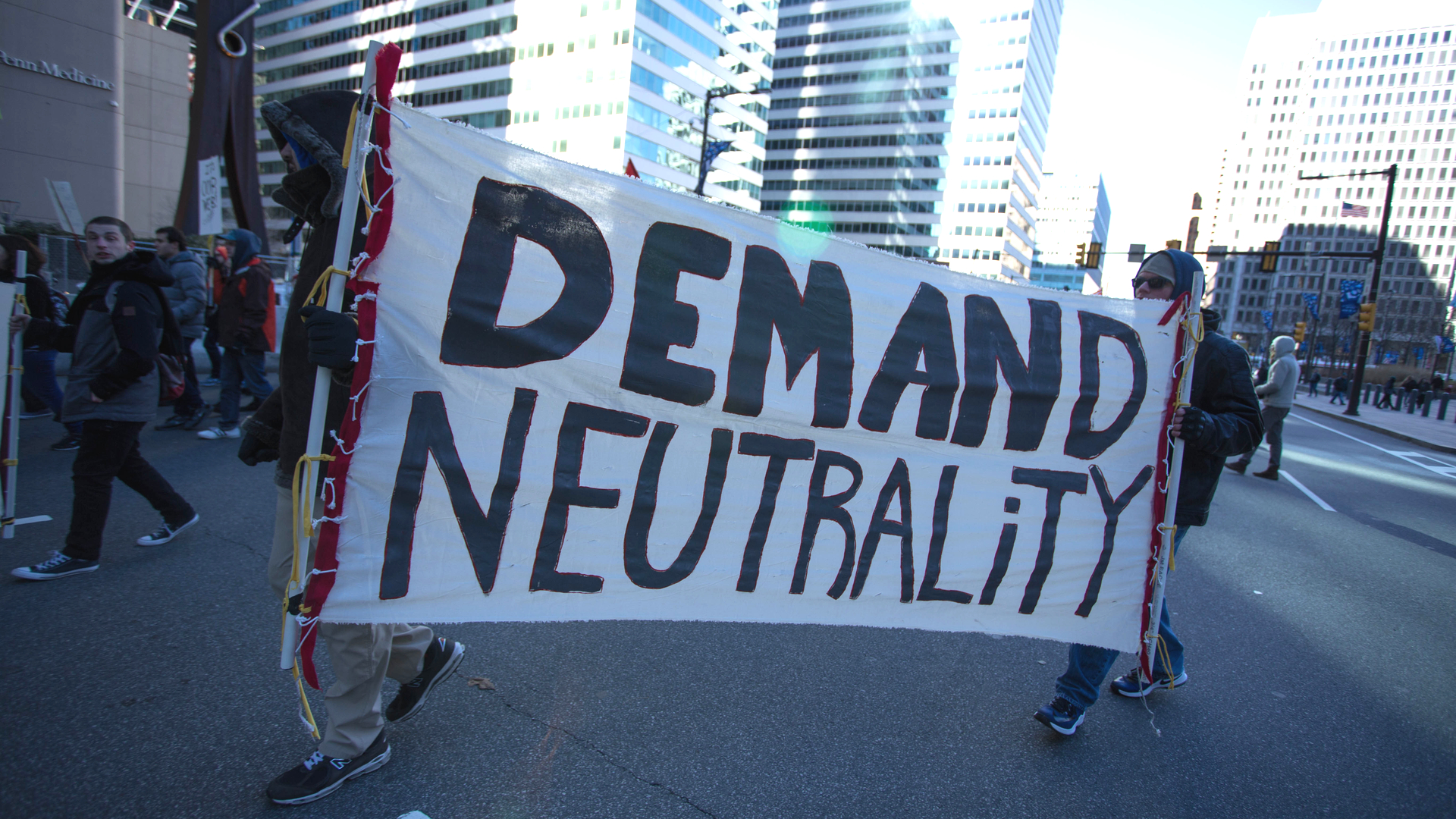 US appeals court won't reconsider Net Neutrality repeal
US appeals court won't reconsider Net Neutrality repealNews BT and Microsoft among tech companies who backed the request
-
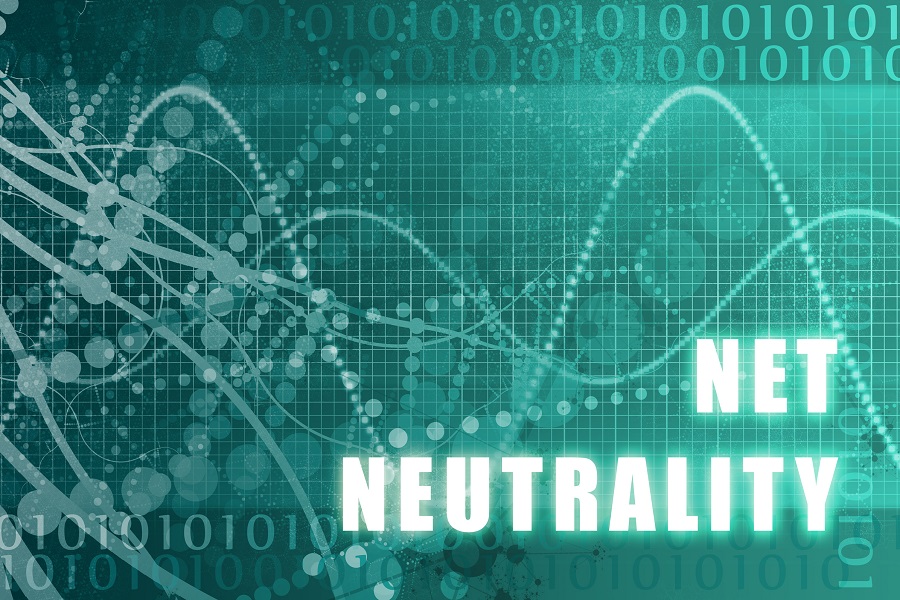 What is net neutrality?
What is net neutrality?In-depth We look at what net neutrality is and explore surrounding issues...
-
 US Congress wants tech CEOs to testify on net neutrality
US Congress wants tech CEOs to testify on net neutralityNews Congressional intervention could end the battle between the FCC and tech firms
-
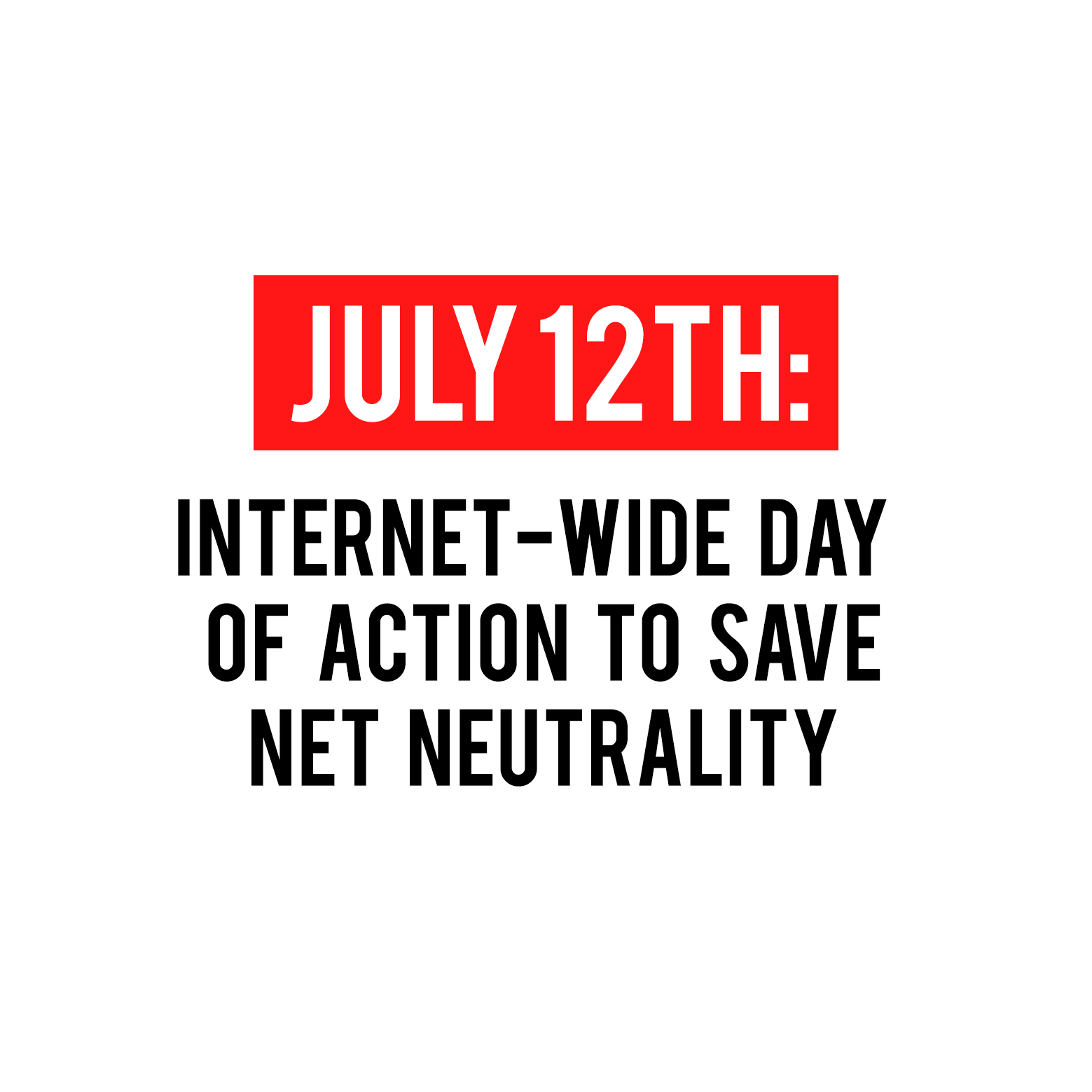 Tech firms come together for 'net neutrality' protest
Tech firms come together for 'net neutrality' protestNews Thousands of websites are conducting a huge online protest against an FCC proposal
-
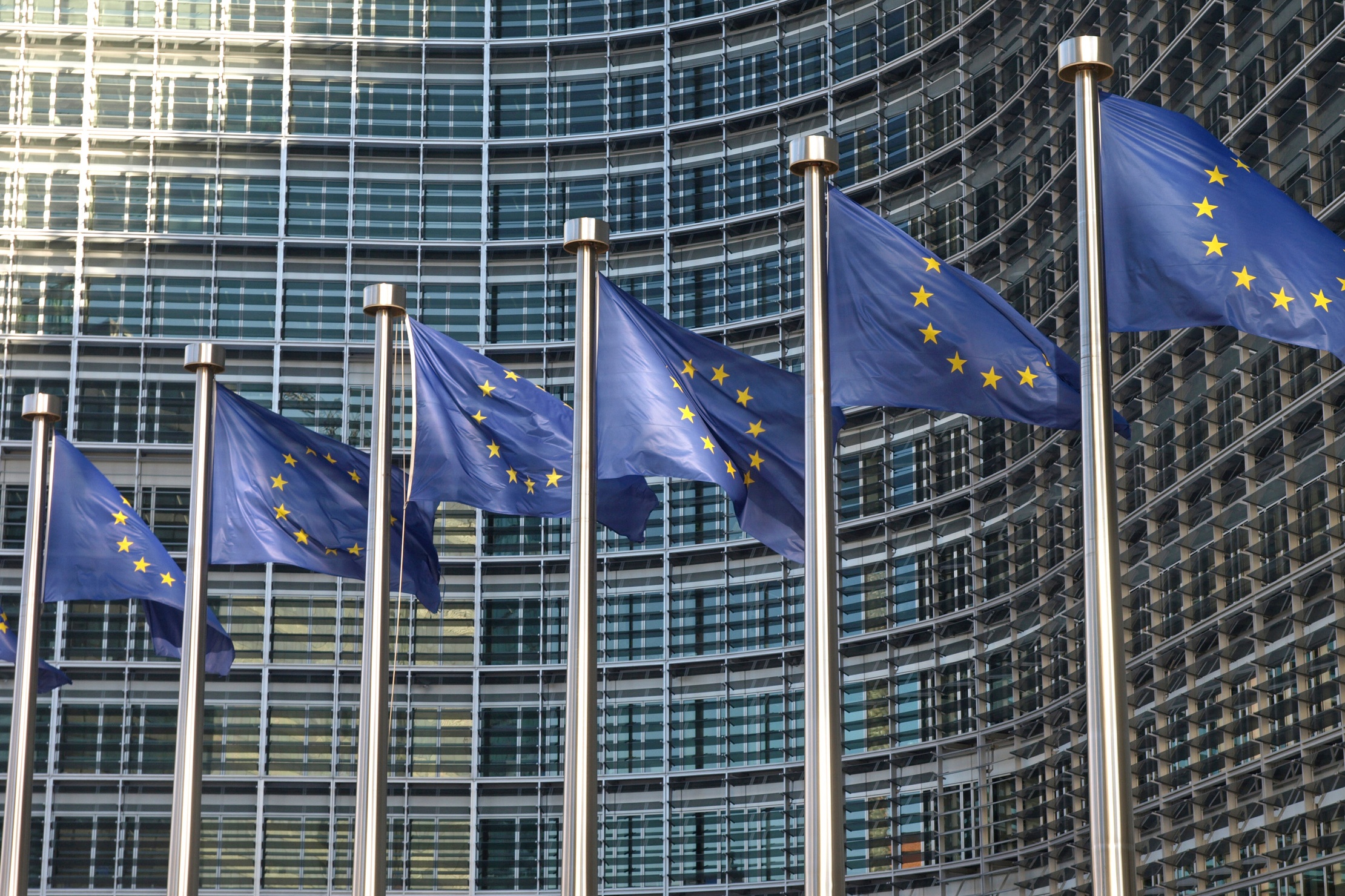 EU publishes net neutrality guidelines
EU publishes net neutrality guidelinesNews Regulators get tough on protecting net neutrality
-
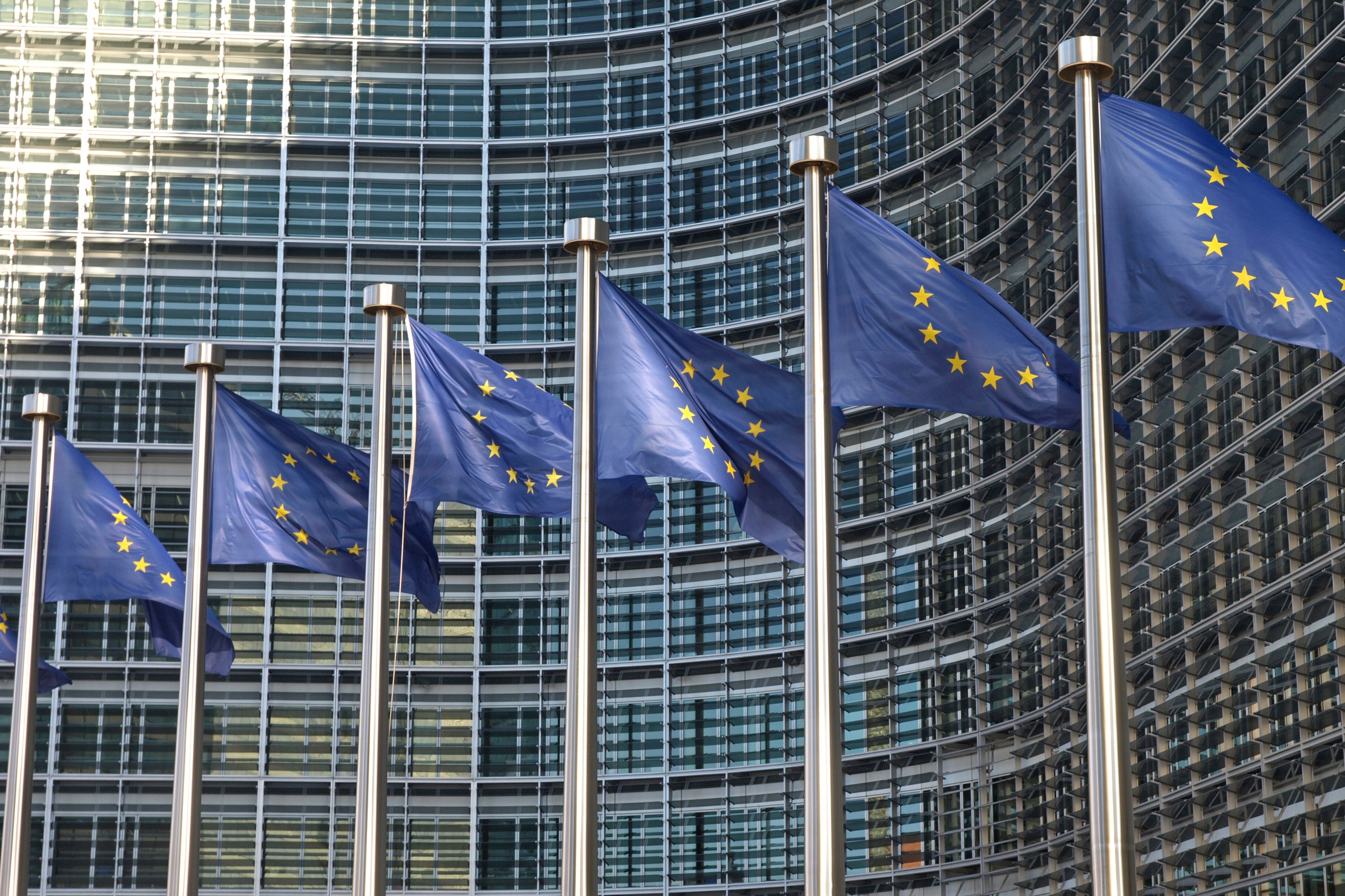 Telcos offer Europe 5G networks if EU weakens net neutrality
Telcos offer Europe 5G networks if EU weakens net neutralityNews Mobile companies say net neutrality threatens their returns on investment in 5G
-
 Free Basics: India blocks Facebook's web service
Free Basics: India blocks Facebook's web serviceNews Telecom regulator rules that Free Basics would violate net neutrality
-
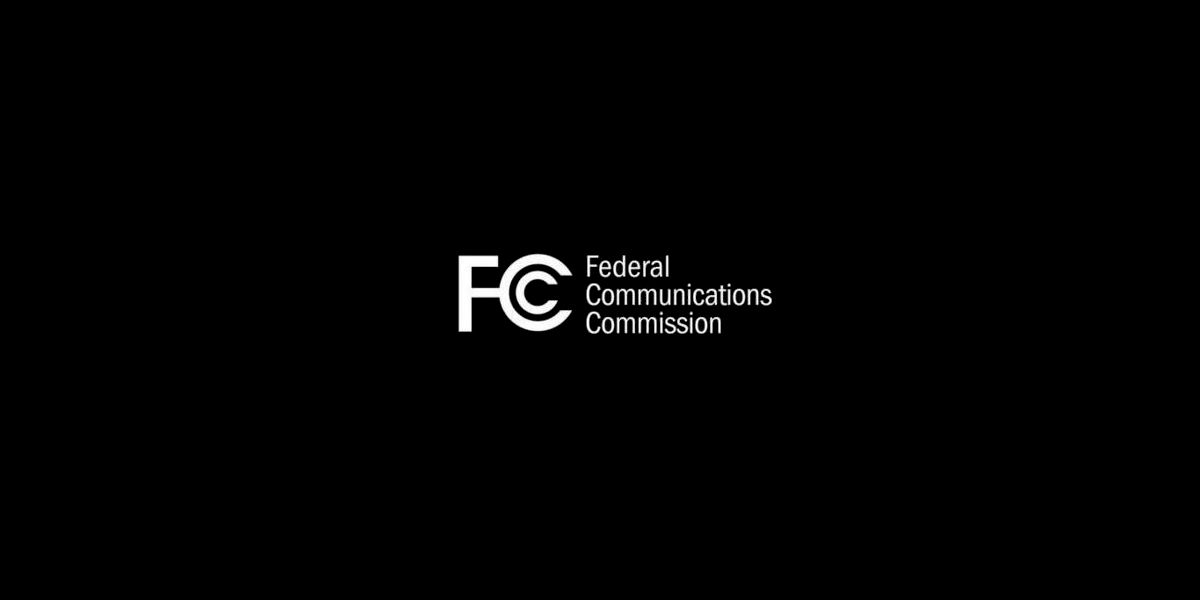 FCC upholds net neutrality with new rules
FCC upholds net neutrality with new rulesNews US web activists win long fight against telco providers to protect a free and open internet

